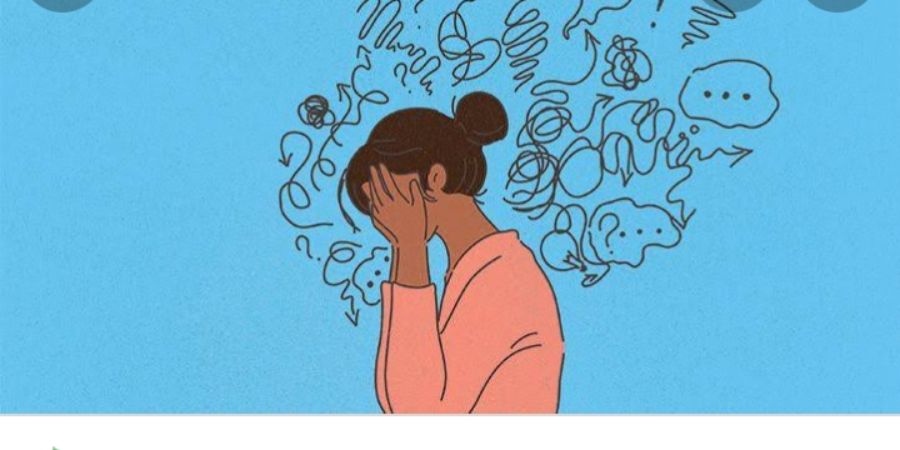

In modern times, skepticism and depression are ordinary conditions. Among all psychiatric disorders, depression is the most familiar one. Approximately 1 out of 4 women and 1 out of 6 men undergo depression during their lifetime, and up to 65% of individuals have recurrent occurrences of the disorder. Depression is depicted by WHO as constant sadness and lack of interest or happiness in earlier citing, or enjoyable activities. It also leads to disturbance of sleep, appetite, and attention.
Having a loss of interest or contentment in daily activities, or feeling down, or sadness is familiar feelings for all of us, but if these impact our lives substantially, the case may be depression.
The mood disorder which entails a chronic feeling of sadness and loss of interest is said to be depression, but it is distinct from the mood shifts which individuals regularly experience as a part of life.
Signs and Symptoms - Some primary symptoms of depression include:
Causes of depression - The causes of depression are not fully understood by the medical community. Numerous factors and many probable causes combine to trigger symptoms.
Major components that are likely to play a role include:
Types of depression - There are various kinds of depression, the most common forms are given below:
Major depression - Under this form, the person suffers a continuous state of sadness and has a loss of interest in activities that they used to enjoy.
Persistent depressive disorder - It results in symptoms that last for at least 2 years. Individuals with this disorder may experience major as well as milder symptoms.
Bipolar disorder - Depression itself is a common symptom of this disorder and this disorder may have symptoms around half of the time.
Treatment / Medication - The symptoms of depression may be managed by psychotherapy. As depression is treatable, managing symptoms usually involves:
Psychotherapy - This includes one-to-one counseling and Cognitive Behavioral Therapy (CBT) and also known as talking therapy.
Support - By educating family members and by communicating practical solutions and probable causes, depression can be overcome to a greater extent.
Drug treatment - Antidepressants may be prescribed by doctors which can help in dealing with moderate to severe depression.
Food and Diet - Consumption of numerous refined or sugary foods may arise various physical health problems. As per 2019 study results, Trusted Source signifies that more consumption of these kinds of foods could implicate the mental health of young adults.
Eating more of the following foods may help to relieve depression symptoms:
Exercise - By exercising endorphin levels are risen and also leads to stimulation of neurotransmitter norepinephrine, which is linked with mood which may help in curing mild depression.


